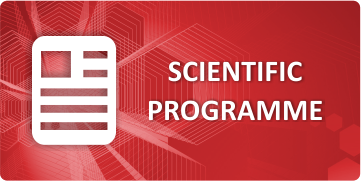
Delos Jones
Roseman University of Health Sciences, USA
Title: Competence requirements of newly licensed nurses as reported by hiring nurse managers
Biography
Biography: Delos Jones
Abstract
Background: In 2016, approximately 163,087 new Registered Nurses (RNs) were licensed in the United States. Of these, over a quarter will leave their first position in less than a year. While 90% of academic leaders feel newly graduated nurses are ready for nursing practice, only 10% of clinical leaders agree. In the past, research has focused on the new RN after a year or more of practice without addressing the necessary knowledge, skills and attitudes required to ensure timely and successful orientation and a strong start to the new career. It is possible that recent changes in health care, increased emphasis on health maintenance, an intensifying theory-practice gap and an educational tradition distinguished by content overload mean that Nurse Educators may be preparing new RNs who are not equipped for the fast-paced orientation and increased accountability that come with the new RN role.
Purpose: This qualitative study seeks to answer the question: What do hiring nurse managers and hospital educators perceive as required competencies of newly licensed nurses (NLNs) to ensure successful and safe progress through orientation periods? The aim is to assist nursing education professionals to focus on competencies that are needed to ensure a solid foundation and effective orientation of newly licensed nurses.
Theoretical Foundation: This study draws on Patricia Benner’s “Novice to Expert” theory. Specifically, it seeks to identify those competencies in which newly licensed nurses should be at the advanced beginner stage if not approaching the competent stage at graduation.
Method: Semi-structured interviews lasting about an hour each were conducted with hiring nurse managers and hospital based nurse educators responsible for hiring and orienting newly licensed nurses. Recorded interviews were then transcribed and analyzed using ATLAS TI software. Themes were identified and knowledge, skills and attitudes were ranked by frequency of occurrence both generally and by unit type.
Results: In Progress
Conclusion: In Progress

